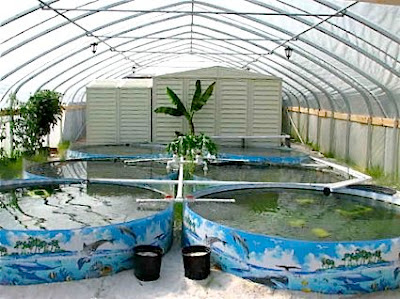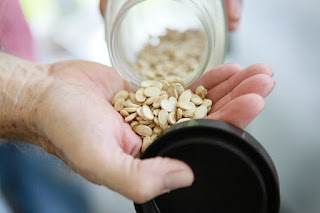Start Digital Marketing Agency Business of Your Own

Starting a digital
marketing agency in one of the most lucrative opportunities in the advertising
industry. In addition, this is the most trending phenomena these days. However,
starting this business demands an adequate knowledge based experience. And if you
don’t have the working experience in this field, simply don’t open a digital
marketing agency of your own. Because you must know the Trick of the Trade before
you accept any work from your clients.
If you are an absolute
beginner in this field and want to start this business, you can gain skill and
knowledge from courses and classes. And then work with other agencies for
sometimes. And finally, start your own company.
Basically, a digital
marketing agency provides different types of customized services to the
clients. And the work area caters a wide range of segments. Generally, when you
market a product or service using different digital technologies, it is called
digital marketing. Basically, an agency explores all available digital
channels to promote a product or service or build a digital brand. Broadly the
digital marketing includes websites, social media platforms, banner placement,
email marketing, mobile marketing, SEO, pay per click campaigns, Web TV, SMS,
billboards and anything else with a digital foundation.
Why is Digital Marketing Agency Lucrative Business?
Globally, the internet user
population is increasing very fast. And more and more companies are showing
immense interest in the digital advertising. Basically, a company’s marketing
budgets represent 12% of total company revenues and this is expected to grow
even further.
Generally,
most of the companies outsource the digital marketing activities. Some of the
most important digital marketing activities are web presence (website), digital
commerce and digital advertising. However, the companies invest the maximum in
the digital marketing segment in eCommerce, social media marketing, content
creation and mobile marketing. Therefore, starting a digital marketing agency
is a lucrative opportunity for the entrepreneurs.
Digital Marketing Agency Business Plan Sample Checklist
In
starting the business, you must have a business plan ready in your hand. Do
some market research. As this is an internet based business, it is easier to
get information than a conventional industry. Basically, you can check the
renowned company websites who are already in this field. You can have a clear
conception about the services they are offering. And this will help you in
crafting your own business plan.
First of all,
determine your target audience. And the list of services you want to offer.
Additionally, you have to determine the tariff plan also. However, sometimes
you have to send your customer customized quotation. Never mix up the
business with SEO Consulting. Basically, digital marketing company caters a
wide range of services including SEO.
Business Compliance
You have to register your
business with Federal Authority. And you need to take necessary permissions for
starting and running the business. Additionally, check the upcoming tax
liabilities. It is advisable to talk to a local small business consultant of
your area.
Setup & Staffing
You can start the agency
from your home also if you start the business as self-employment basis.
However, a full-scale company will give your more revenue and profit both.
According to your business plan and investment capacity, set up the office.
Hire quality manpower who can add value to your organization. Treat your employees
with respect and give them freedom in their specific work area.
Basically, digital marketing is an industry where many people work under
pressure to meet deadlines. That’s why it’s important the company you create is
friendly and approachable to all.
Promote Your Digital
Marketing Agency
Promotion is the most
important aspect of this business. A planned promotion will help you to get
online leads and customers. Additionally, it enhances the brand reputation
also. Getting people to know your product is the first step towards making
them an active consumer. You must have your own website with the entire
information about the products and contact address. Additionally, use the
social media judiciously. Put your emphasis on the content marketing, email marketing,
and social media marketing. You can also invest on PPC ads. Moreover, you must
have an advertising budget to promote your digital marketing agency business.
















